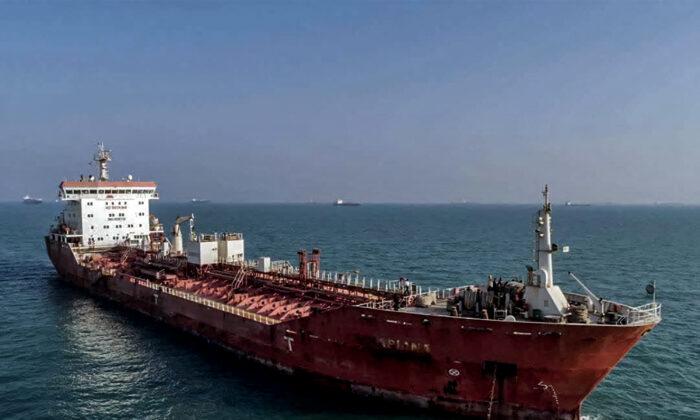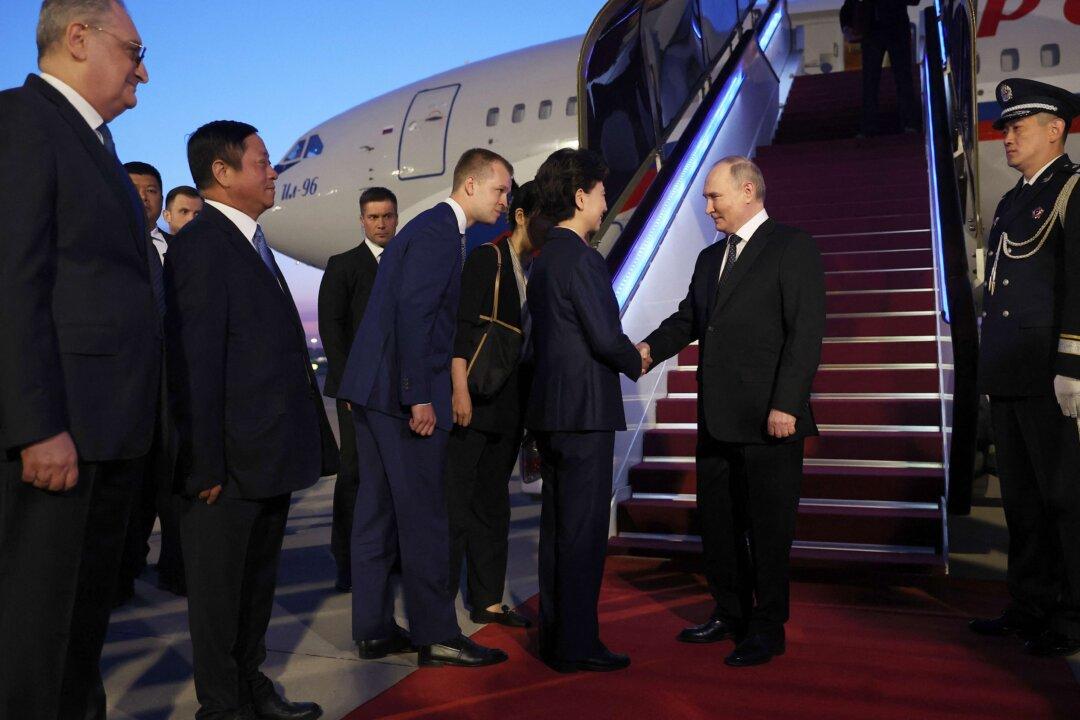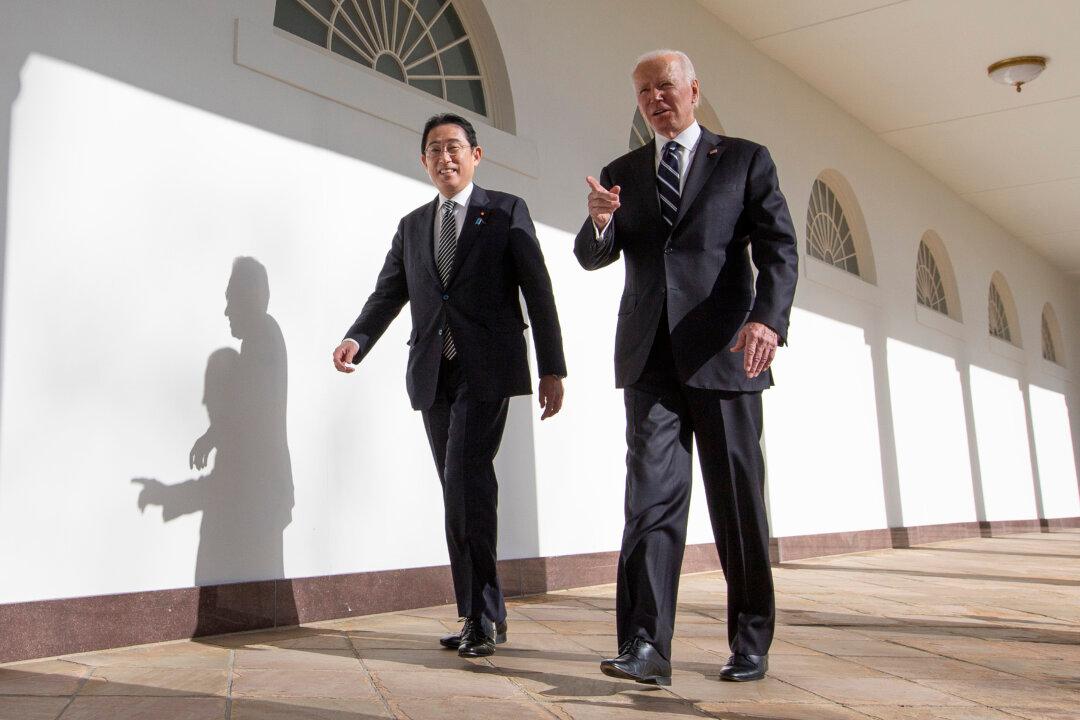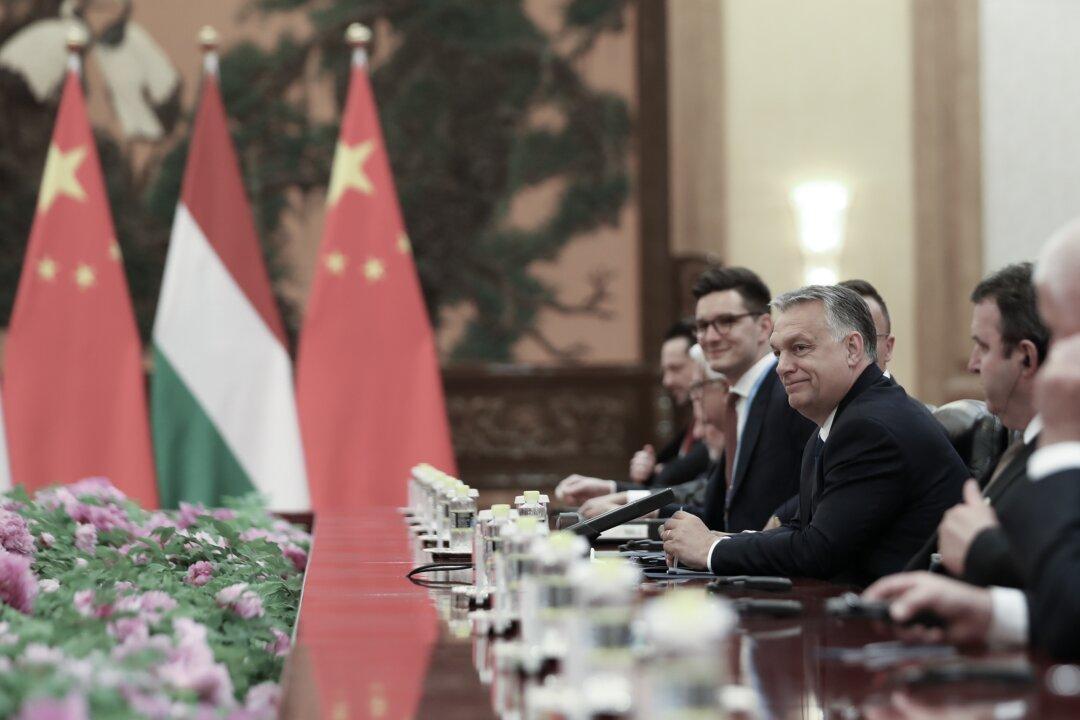Commentary
Iran seized a U.S. oil cargo destined for Houston on April 27. The seizure of Kuwaiti oil transiting the Gulf of Oman was apparently in retaliation for a U.S. seizure of Iranian oil off the coast of South Africa a few days earlier. The original U.S. seizure was part of sanctions against Iran’s nuclear weapons program.
The Biden administration responded to Iran’s latest seizure with an information release about arming a squadron of A-10 Warthog planes in the Middle East with 250-pound precision-guided bunker-buster bombs, a direct threat to Iran’s nuclear program, as well as its affiliated fighters in Iraq and Syria. The Warthogs are relatively slow compared to jet fighters but can be used in the Syrian theater where militants are lightly armed.
However, traditional shows of U.S. military strength are losing their efficacy. The U.S. Navy recently increased its presence in the Middle East with a guided missile submarine capable of carrying 150 Tomahawk missiles. Iran’s foreign ministry responded by saying that the United States was attempting to “cover up the decline of its power in the world.” The ministry spokesman said on Twitter, “The American regime has moved in a direction contrary to the will of the nations of the region.”
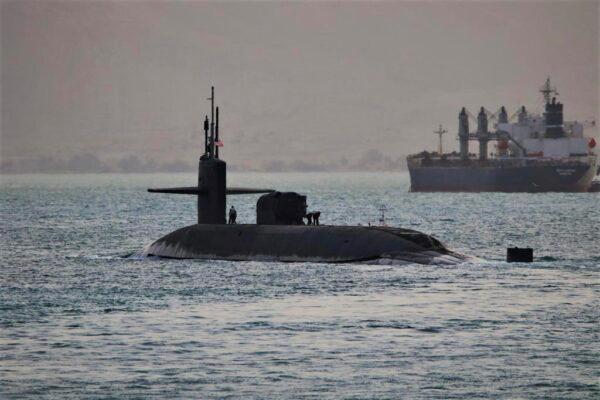
Last month, China negotiated a rapprochement between Iran and Saudi Arabia, a longtime U.S. ally.
Heightened tensions with Iran pull U.S. military resources away from deterring Russia and China but could increase overall U.S. defense spending as the public realizes that authoritarian regimes threaten U.S. maritime commerce, upon which much of U.S. economic strength has historically relied.
Iran has seized at least five commercial vessels in the past two years, including a successful counter-seizure in November. In response to a U.S. seizure that anchored off Greece and was offloaded to a ship bound for the United States, Iran took two Greek tankers in May last year, delivering 700,000 barrels to Syria. The two Greek tankers were only released by Iran when the Greek government released the initial U.S. seizure, which was Russia-flagged, back to Iran.
In the second of Iran’s counter-seizures, the ship was China-flagged. This raises the question of whether Beijing and Moscow colluded with Tehran to seize the U.S. oil cargos. The strategy could further erode U.S. economic and military power.
In the 16th century, Queen Elizabeth I of England brought the Spanish Armada to its knees and made the country a global power, partly by the approval of English pirates, known as privateers and disparaged as “sea dogs,” who captured Spanish treasure ships. This weakened Spain economically, decreased taxes in England, and made it more difficult for Phillip II of Spain to afford the Armada required to invade England. England had a fleet of self-funding private warships ready for its defense, providing crown revenues that could exceed England’s annual income.
Today is different. We have an international maritime law that the United States has long supported as a bulwark of the global free trade system. But that has not stopped us from capturing seaborne cargos of countries that violate international law, for example, Iranian oil that supports the country’s illegal nuclear weapons development.
If the U.S. Navy continues to weaken relative to the enemies of democracy, we may eventually lose the ability to seize these illegal cargos, at which point enemy navies could use the same tactic against us. Like King Phillip II of Spain, U.S. military power globally would shrink irretrievably with our slowing economy.
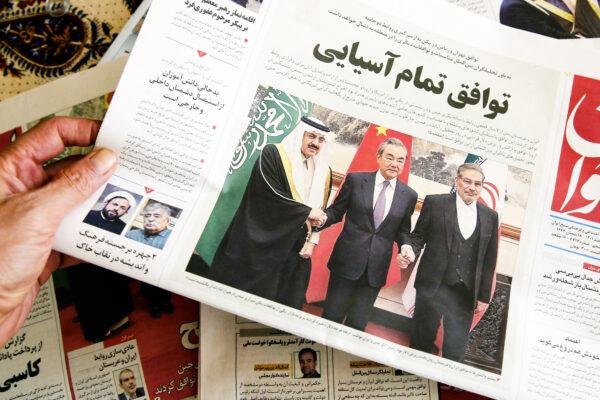
What matters is thus not only military and economic strength, but also the courage to use it when given no choice by rising authoritarian threats. The key place of international law and respect for enforcement by the United States and its allies is now withering, along with the global stability it supported. Iran’s seizure of U.S. cargo is the latest mockery of the U.S.-led international rule of law.
Iran is now part of a growing group of authoritarian countries—with China in the lead—that is challenging the international legal system extant since the end of World War II. Other rogue nations in the group include Russia, North Korea, and Venezuela.
Additional states at risk of going rogue are those that show increased acceptance of international leadership by Beijing and Moscow, including Saudi Arabia, Pakistan, Kazakhstan, Tajikistan, Uzbekistan, Belarus, Mongolia, and India, many of which joined the Shanghai Cooperation Organization as either members or observers. Even France is now cozying up to Beijing.
Something must be done. Twelve U.S. senators have urged President Joe Biden to allow the Department of Homeland Security to restart seizures of Iranian oil shipments, which the Treasury Department stopped over a year ago. Due to the stoppage, Iran’s oil exports peaked in recent months since the Trump administration’s reimposition of sanctions in 2018.
Revenues from the U.S. seizures—including four Venezuelan cargos in 2020—should be used for U.S. and allied efforts to enforce international law against Iran, Venezuela, North Korea, and other rogue dictators that destabilize global politics with their dangerous aggressions and human rights abuse.
The United States and its allies cannot provide global security without the funds to do so, and revenues from countries like Iran and Venezuela that flout international law will be an important source of the economic strength required for the democracies to stand up to authoritarianism and win.
